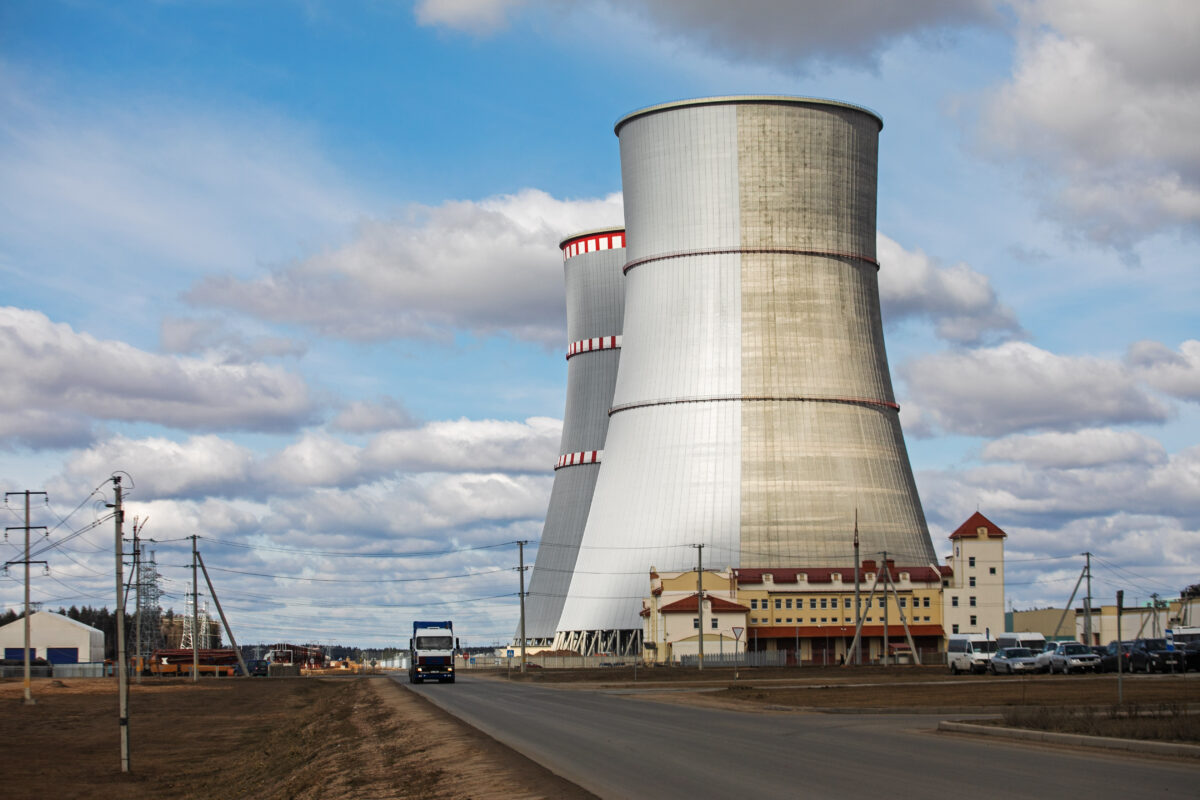Energy is a potential tool for geopolitical influence. Nuclear energy is no different from oil and gas in this respect. Many of the hybrid threats relating to nuclear energy are not direct and obvious, but hidden and derive from spill-over effects. Nuclear power plant building projects have embedded hybrid threat potential, where spill-overs to different domains such as intelligence, legal, economic, information, social, infrastructure, political and military can be used to exert powerful leverage.
The research report is a joint publication by four Centres of Excellence: the Hybrid CoE, the NATO Cooperative Cyber Defence Centre of Excellence (CCDCOE), the NATO Stratcom Centre of Excellence (StratCom CoE) and the NATO Energy Security Centre of Excellence (ENSECCOE). It includes three case studies: Ostrovets nuclear power plant (NPP) in Belarus, the Paks NPP project in Hungary, and the Hanhikivi NPP project in Finland.
The case studies revealed that the Russian state nuclear energy company Rosatom should be examined as a significant actor in the European nuclear energy sector due to the fact that it also has ambitions outside of Europe. Rosatom is part of the Russian state’s foreign policy and any deal for nuclear power plant construction has objectives aside from economic ones.


 Hybrid CoE Research Report
Hybrid CoE Research Report 




